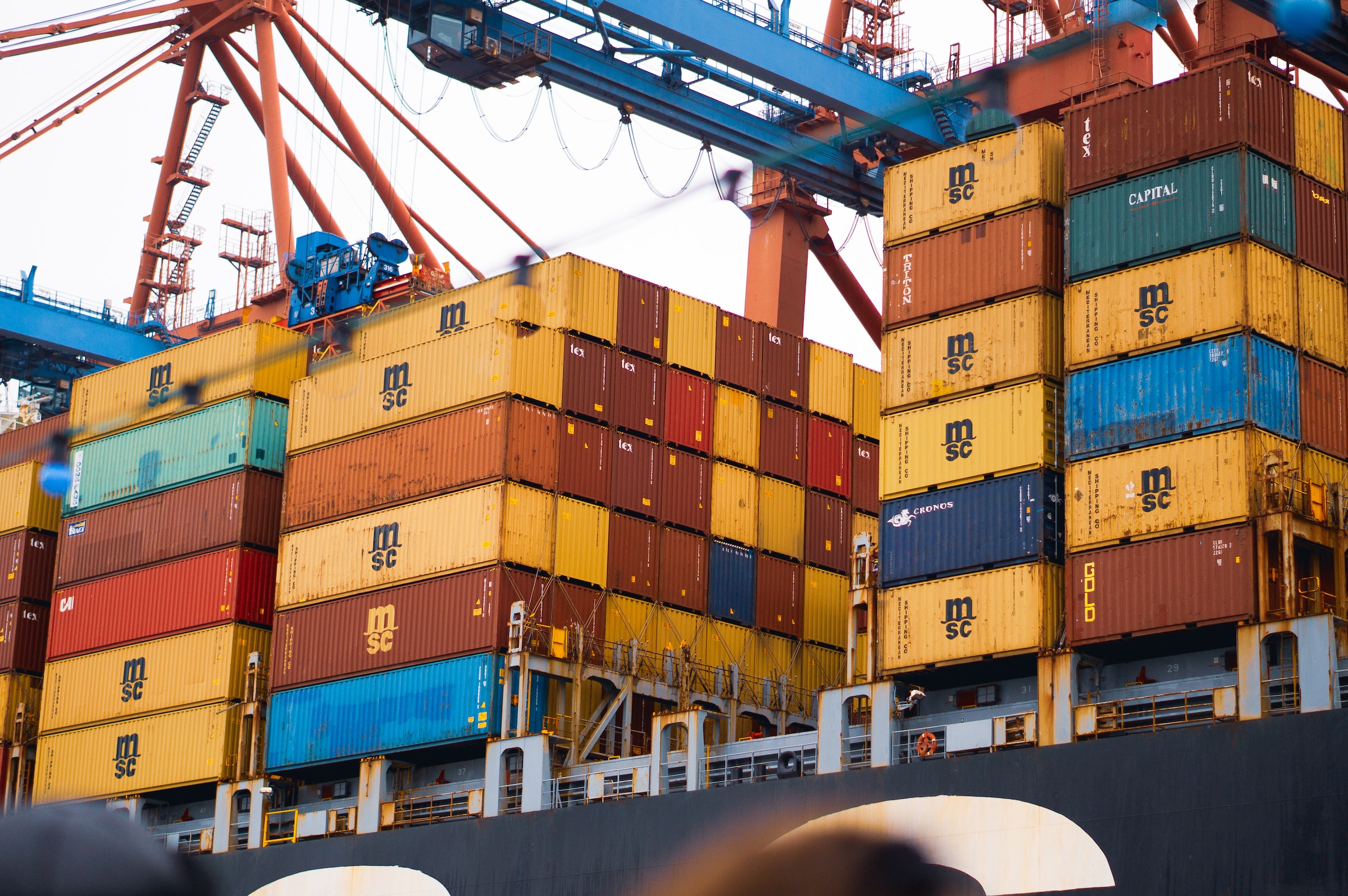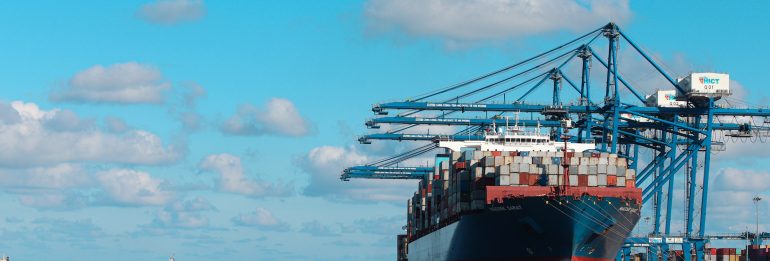The maritime sector, the lifeline of international trade, is under scrutiny as a recent report by the United Nations Conference on Trade and Development (UNCTAD) reveals that greenhouse gas (GHG) emissions from international shipping have skyrocketed by 20% over the last decade. With the shipping industry accounting for nearly three per cent of global GHG emissions, this revelation sheds light on the urgent need for sustainable interventions.
A Decade Under Review
The Review of Maritime Transport 2023 casts a spotlight on a troubling trajectory. While the shipping industry propels over 80% of the world's trade volume, it also contributes significantly to the global carbon footprint. Despite a 0.4% decline in global maritime shipping volumes in 2022, owing to the COVID-19-induced supply chain disruptions, a 2.4% growth is projected for 2023.
The report also points to the robust growth of oil and gas trade volumes in 2022, fuelled by global geopolitical events. Containerised trade, which saw a decline in the previous year, is on the path to recovery, expecting a 1.2% growth in 2023, with predictions of further growth of 3% from 2024 to 2028.
The Shipping Quandary
UNCTAD's Secretary-General, Rebeca Grynspan, emphasized the urgency of maritime transport's decarbonisation. Grynspan stated, “Balancing environmental sustainability, regulatory compliance and economic demands is vital for a prosperous, equitable, and resilient future for maritime transport.”
However, there are clear challenges. With the average age of commercial ships pegged at 22.2 years in January 2023 and more than half the world's fleet surpassing the 15-year mark, there's an uphill battle. The report underscores concerns that the existing fleet, being older, is not designed for alternative fuels. And those fuels, although promising, are not yet accessible at scale, presenting cost implications for both the fuel and the necessary ship retrofits.
Of the global fleet, a staggering 98.8% are still reliant on conventional fuels, such as heavy fuel oil and diesel/gas oil. A mere 1.2% have made the shift to alternative options like liquified natural gas (LNG), battery/hybrid systems, liquified petroleum gas (LPG), and methanol. On the bright side, 21% of vessels currently being commissioned are designed for these alternative fuels.
Navigating Towards Sustainability
Amid the challenges, there's a silver lining. The International Maritime Organization (IMO) has set a target to achieve net-zero GHG emissions by 2050. By 2030, they also aim to increase the uptake of zero or near-zero GHG fuels in international shipping to a minimum of 5%, with an ambitious goal of reaching 10%.
Bryan Comer, Ph.D., Marine Program Lead at the International Council on Clean Transportation, highlighted the potential of renewable ammonia and methanol fuels, especially for the newer ships equipped with dual-fuel engines. He stressed that for these fuels to be genuinely sustainable, their emissions must achieve near-zero carbon dioxide equivalent emissions on a life-cycle ‘well-to-wake’ basis.
Furthermore, Comer noted that international regulation by the IMO, bolstered by regional, national, and local rules, is crucial to expedite the transition to sustainable marine fuels. IMO's upcoming regulatory revisions, the Energy Efficiency Existing Ship Index (EEXI) and the Carbon Intensity Indicator (CII), and new “mid-term measures” like the Greenhouse Gas Fuel Standard (GFS), are pivotal steps in the right direction.
The Financial Tides
Decarbonising the global fleet by 2050 will not be financially straightforward. The UNCTAD report cites a required investment ranging between $8 billion to $28 billion annually. The infrastructure for entirely carbon-neutral fuels could demand an even heftier $28 billion to $90 billion each year. This potential full decarbonisation might also double yearly fuel costs.

Today's environmental realities require change
Shamika N Sirimanne, UNCTAD's Director of Technology and Logistics, believes that economic incentives might bridge the gap. Levies or contributions tied to shipping emissions could boost the competitiveness of alternative fuels. Moreover, she highlighted that such funds could be channelled to invest in ports, particularly in Small Island Developing States (SIDS) and Least Developed Countries (LDCs), emphasising climate change adaptation, trade, transport reforms, and digital connectivity.
Conclusion
As the world grapples with the dire consequences of climate change, sectors like international shipping cannot remain anchored in outdated practices. The UNCTAD report serves as both a warning bell and a guiding light, emphasising the necessity to harmonise economic growth with environmental responsibility. As maritime stakeholders navigate these turbulent waters, their choices will chart the course for a sustainable future.
©GlobalCO2.uk





